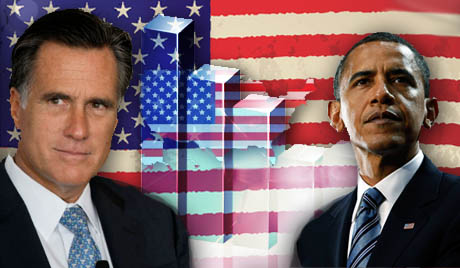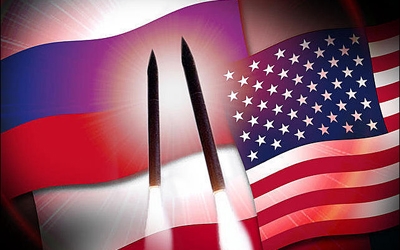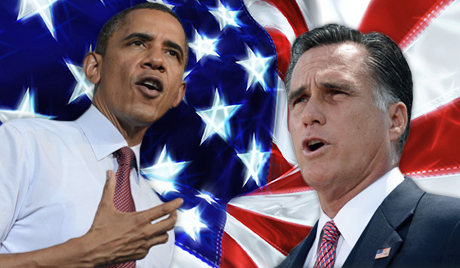Moscow is ready to develop relations with Washington, switching from "reset” to "upgrade”, Russian Foreign Minister Sergei Lavrov said in an interview with Russia’s Kommersant daily. Also, he touted the United States Agency for International Development (USAID)’s humanitarian projects in Russia and mentioned Moscow’s attempts to defuse tensions in the Middle East.
The Voice of Russia asked a host of political analysts to comment on the interview that was preceded by Lavrov delivering a speech at a session of the UN General Assembly in New York last week.
It’s not surprising, therefore, that the interview’s main topics echoed Lavrov’ speech in New York, where he, in particular, touched upon Russian-US ties and Moscow’s stance on the ongoing geopolitical changes. During the interview, Lavrov once again warned against interfering in a country’s internal affairs, a principle that he recalled is mentioned in the UN Charter and that has repeatedly been violated by separate international players mainly with respect to some Middle Eastern countries.
The bulk of the interview focused on the Russia-US relations. Sergei Lavrov lauded the results of the "reset” policy, citing the conclusion of the New START Treaty, Russia’s accession to the WTO and the simplification of visa regime. The "reset” cannot last indefinitely, and it is necessary to shift to another stage, Lavrov said, singling out the problem of discrimination of Russia in American corridors of power. In this vein, the Magnitsky law remains a main irritant, Lavrov said, signaling the Russian Foreign Ministry’s readiness to put up with the adoption of the document. At the same time, Lavrov warned against expanding cooperation with and simultaneously slap sanctions on Russia. Moscow-based political analyst Vilen Ivanov comments on the matter:
"We proceed from the assumption that if the US in practice sticks to the principles of equality and partnership, we will be ready to support this drive. But we cannot tolerate the Magnitsky law that we see as a clear interference in our domestic affairs. Naturally, its implementation cannot but prompt us to respond in kind, something that will objectively mean the deterioration in ties between Russia and the US," Ivanov concluded.
Sergei Lavrov reiterated that "Russia is interested in shedding more light on the case of Sergei Magnitsky as soon as possible.” The top Russian diplomat admonished for taking unilateral steps in this direction. Separately, Lavrov dwelt on Moscow’s recently-introduced ban on USAID’s activity in Russia. The decision hit the international headlines, Lavrov said, lauding Washington’s adequate reaction to the move. According to him, Moscow is ready to continue to cooperate with USAID on a spate of issues related to the humanitarian, social and healthcare sectors, including programs to support disabled people. Referring to some foreign agencies and foundations, Lavrov stressed that USAID’s activity should comply with the Law on Non-Profit Organizations. This is a sign that Moscow is trying to soften its stance on the subject, believes Yevgeniya Voiko, foreign policy expert of the Moscow-based Center of Russian Political Environment.
"In a sense, this is an attempt to ease the situation that is already showing signs of stabilization," Voiko says, praising Moscow’s approach to the problem.
Additionally, Sergei Lavrov lashed out at the West’s policy in the Middle East and Northern Africa. The US and Europe supporting local opposition forces leads to destabilization and chaos, Lavrov said, referring to Libya and Mali. He also said that "the West sowed the wind and is reaping the whirlwind” that he said should by stopped by Russia. Lavrov pointed to the situation in Syria, where Moscow is trying to halt the bloodshed and prod the conflicting parties to sit at the negotiating table.
Roman Mamonov









